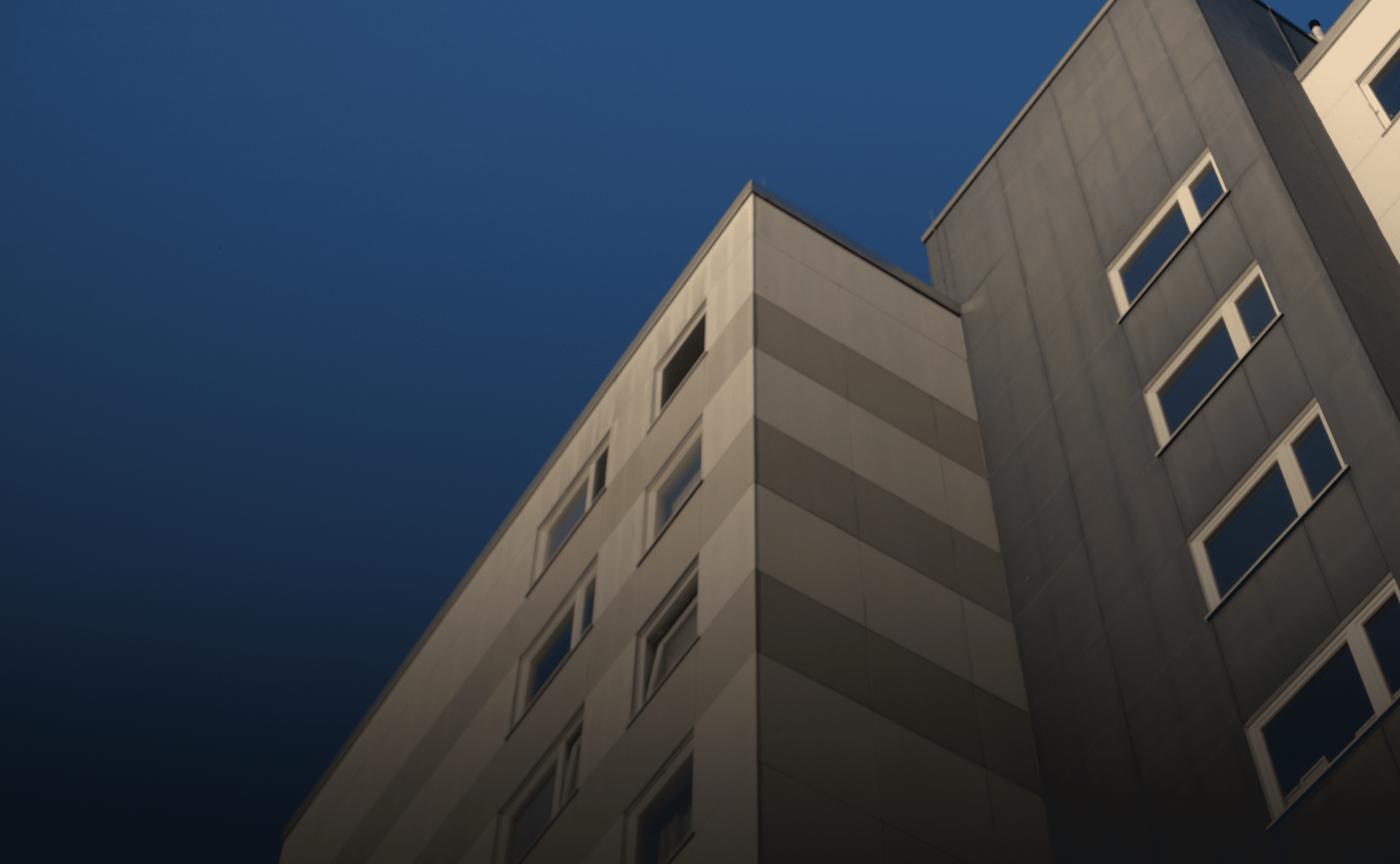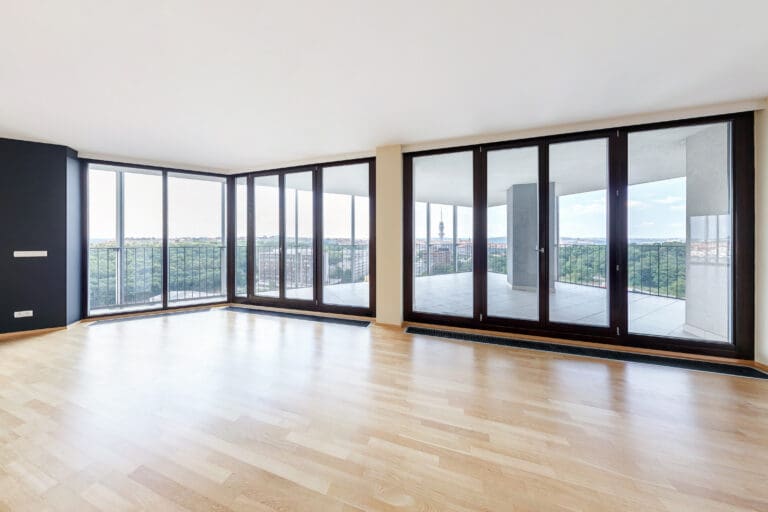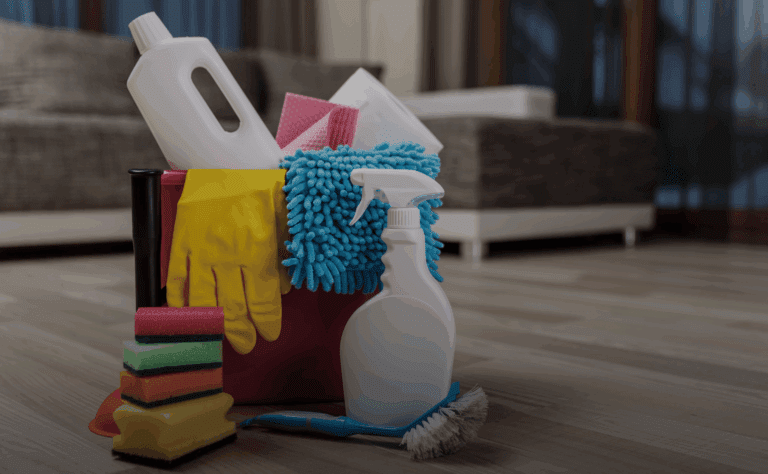Providing safe, comfortable, and energy-efficient housing is essential for improving the quality of life for residents in social housing. Modern refurbishments play a crucial role in upgrading existing properties, ensuring they meet contemporary living standards while enhancing sustainability and safety.
The Importance of Refurbishing Social Housing
Aging social housing units often suffer from poor insulation, outdated infrastructure, and inefficient energy systems, leading to higher utility costs and lower living standards for tenants. By investing in modern refurbishment projects, housing associations and councils can:
Improve energy efficiency to reduce carbon footprints and lower household bills.
Enhance safety features to meet regulatory standards and protect tenants.
Upgrade interior and exterior spaces to create healthier, more comfortable living environments.
Extend the lifespan of properties to reduce long-term maintenance costs.
Key Upgrades in Social Housing Refurbishments
1. Energy-Efficient Upgrades
Improving energy efficiency in social housing not only benefits the environment but also helps tenants reduce their utility expenses. Key energy-saving refurbishments include:
- Upgraded Insulation: Installing high-quality wall, floor, and loft insulation to retain heat and reduce energy waste.
- Energy-Efficient Windows & Doors: Replacing old single-glazed windows with double or triple-glazed alternatives to improve thermal efficiency.
- Solar Panel Installations: Providing renewable energy solutions to lower electricity costs and promote sustainability.
- Smart Heating Systems: Implementing programmable thermostats and energy-efficient boilers to optimize heating use.
2. Safety & Compliance Improvements
Ensuring homes meet modern safety regulations is vital for tenant protection. Key refurbishments include:
- Fire Safety Measures: Installing fire-resistant doors, smoke detectors, and sprinkler systems to improve fire protection.
- Electrical & Gas System Upgrades: Rewiring outdated electrical systems and ensuring gas installations comply with safety standards.
- Improved Drainage & Plumbing Systems: Preventing water damage and mold growth through modernized piping and ventilation.
3. Modern Interior & Exterior Enhancements
Outdated and deteriorating properties can impact the well-being of tenants. Modern refurbishments focus on:
- Kitchen & Bathroom Renovations: Upgrading old fixtures with modern, durable, and water-efficient alternatives.
- Flooring & Wall Cladding: Replacing worn-out flooring with sustainable and easy-to-maintain materials.
- Outdoor Space Revitalization: Creating green spaces, adding play areas, and improving communal areas for a better quality of life.
The Role of UCM Services in Social Housing Refurbishments
At UCM Services, we specialise in delivering high-quality refurbishment solutions that transform social housing properties into safe, comfortable, and energy-efficient homes. Our team is committed to:
Providing expert craftsmanship that meets and exceeds housing standards.
Using sustainable materials and eco-friendly practices to reduce environmental impact.
Ensuring minimal disruption to tenants during refurbishment projects.
Partnering with councils and housing associations to create long-lasting housing solutions.
Conclusion
Modern refurbishments are essential for improving social housing standards, ensuring tenants live in safe, efficient, and well-maintained homes. By investing in energy efficiency, safety enhancements, and modernized interiors, we can create sustainable housing that benefits both residents and the environment.






